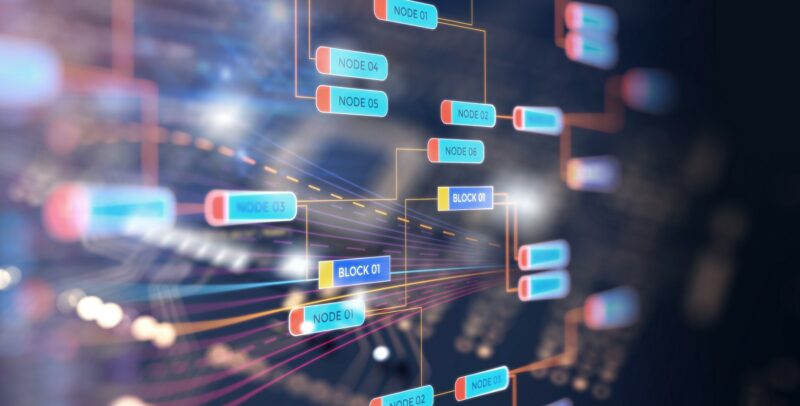Are you looking for a solution tailored to your business needs?
Parla con noiFocus on

Blockchain: the distributed database revolution
Blockchain is the technology of the future, the system underlying a new vision of the Internet understood as the Internet of transactions and the Internet of value.
But what exactly is it? A system that creates and manages a large distributed or diffused database that allows for money and document transactions.
Do you want to learn more? Read our guide below and learn more about how Blockchain works.
Blockchain: How a distributed database works
A distributed database consists of several participants who together form a network (participants can be private companies and public bodies). Each participant has a computer or server called a hub.
The network proposes and approves the following transactions:
- Payments
- Exchanges
- Smart Contract
- Documentation
- Digital Identity
All these transactions form so-called network blocks. Obviously, each transaction must be verified and approved by the network participants (hubs). However, we are talking about very fast approval times, corresponding to less than 10 minutes.
The single completed transactions are stored and constitute a chronological chain. Each time a transaction is completed, that is, a block is generated that is checked, validated and encrypted and lengthens the chain, acting as an archive/update of the Blockchain Ledger. This will provide you with a public record of all activities, which will be accessible to all participants.
To make block alterations impossible, there are specific figures called Miners. These figures validate the block by solving a cryptographic puzzle.
To reward this commitment, the Miner receives a payment in Bitcoin or cryptocurrencies
Blockchain: distributed database sectors of use
The distributed database concept revolutionises the logic of centralised governance of both public and private companies and can be used in the following sectors:
- banking, finance, insurance
- public administration
- automotive
- retail and wholesale
- media and entertainment
- health, research and the environment
- sports
- energy
- HR management
- security
- transport
Businesses that decide to adopt the distributed database can gain a number of short- and long-term benefits. Below are some examples of the different areas of application:
- INSURANCE: automated claim management
- AUTOMOTIVE: timely and accurate management of vehicle history, reduction of paper documentation flow, increased transparency of operations
- RETAIL: reduced number or order errors thanks to the possibility of following the goods throughout the supply chain. Greater assurance of compliance with the rules on product traceability.
- E-COMMERCE: faster payment processes, simplified control procedures regarding product authenticity, improved transaction security and optimised supply chain
- LOYALTY AND GIFT CARD PROGRAMS: reduced loyalty program management costs and increased security and control in the event of fraud and card loss
- SUPPLY CHAIN: reduced transcription costs, circumventing relative delays and possible human errors. Optimised management of the four process phases (product identification, delivery, customer registration and after sales)
- SISTEMA SANITARIO: condivisione sicura dei dati tra piattaforme e istituzioni senza alcuna compromissione dell’integrità dei dati stessi. Il paziente così viene collocato al centro dell’ecosistema sanità con una serie di ricadute positive, come diagnosi e terapie più accurate e efficaci
- BANCHE E ISTITUTI FINANZIARI: aumento della sicurezza delle operazioni di trasferimento di valuta e abbattimento dei costi relativi all’amministrazione
- LEASING: gestione del database distribuito per la creazione di un sistema automatizzato della contrattualistica, senza intermediazione di operatori terzi
- NETWORKING E IOT: possibilità di bypassare l’utilizzo di un hub centrale con semplificazione e velocizzazione degli aggiornamenti software e relativa ottimizzazione del funzionamento e del consumo dei dispositivi
Do you want to learn more about Blockchain and distributed database? Contact us trouble-free and we will be happy to answer all your questions.
